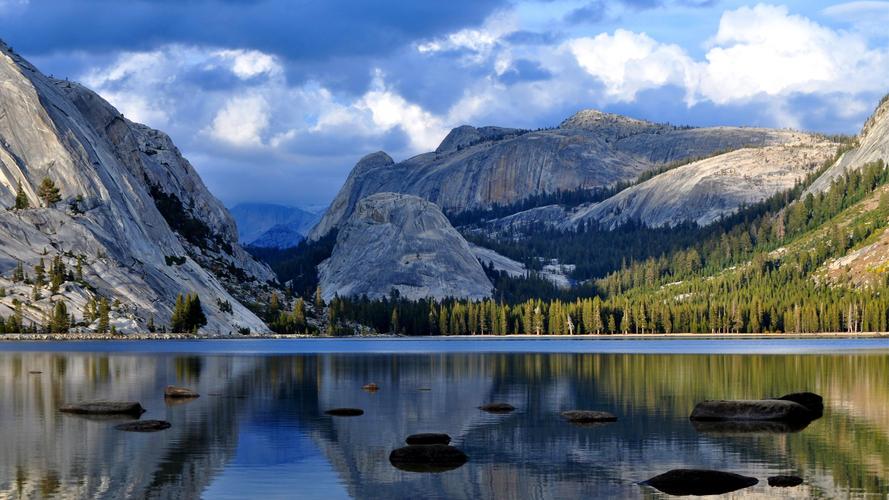Political culture refers to the system of values, beliefs, and attitudes that shape the behavior of citizens in relation to government and politics. The political culture of a society plays a significant role in determining the dynamics of citizen participation. Several factors such as history, geography, economic development, ideology, and religion contribute to the formation of political culture.
In societies where the political culture values individualism and competition, citizens are less likely to participate in collective action and are more willing to pursue their interests independently. Conversely, in societies where the political culture values collectivism and community, citizens are more likely to participate in joint activities and work towards the common good.
In addition, the political culture of a society affects the forms of citizen participation that are accepted and valued. For example, in a democratic society, voting and public demonstrations are considered valid forms of political expression. However, in authoritarian societies, such activities may be suppressed, and citizens may have to resort to other forms of participation such as underground activism.
Another way that political culture shapes citizen participation is by influencing attitudes towards government. If citizens believe that the government is corrupt and unresponsive to their concerns, they are less likely to participate in civic activities. On the other hand, if citizens believe that their government is fair and accountable, they are more likely to engage in political activities and contribute to the decision-making process.
Furthermore, the political culture of a society can affect the level of trust between citizens and government officials. In societies where suspicion and distrust are common, citizens may be less willing to engage with government institutions. However, in societies where trust and cooperation are valued, citizens are more likely to work with government officials to find solutions to social problems.
In conclusion, political culture plays a crucial role in shaping the dynamics of citizen participation. A society’s political culture can influence attitudes towards government, forms of participation, and levels of trust between citizens and government officials. Understanding these factors can help policymakers create an environment that encourages active citizen participation and promotes democratic values.
(Note: Do you have knowledge or insights to share? Unlock new opportunities and expand your reach by joining our authors team. Click Registration to join us and share your expertise with our readers.)
Speech tips:
Please note that any statements involving politics will not be approved.
